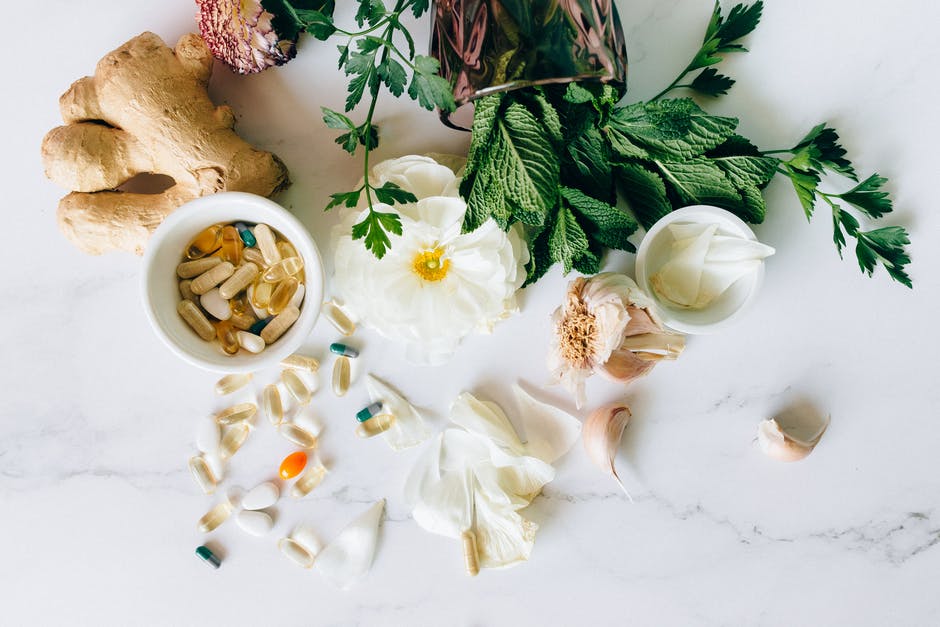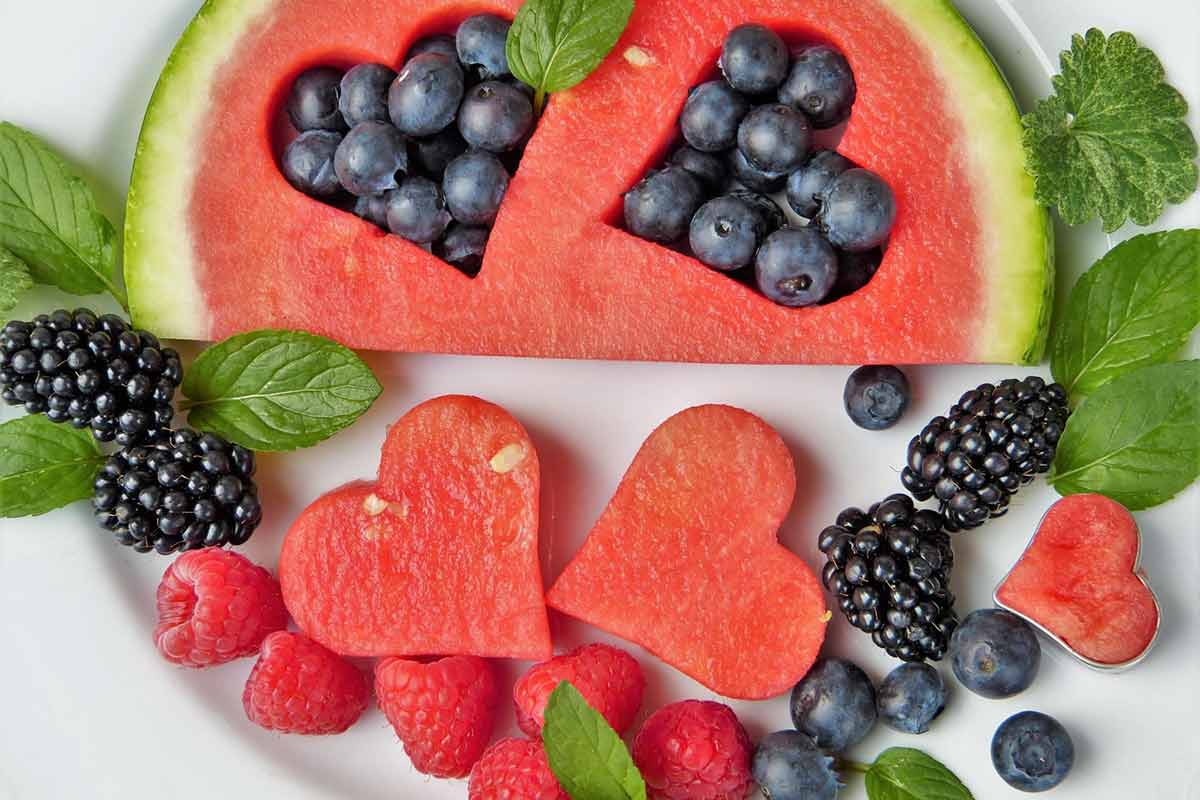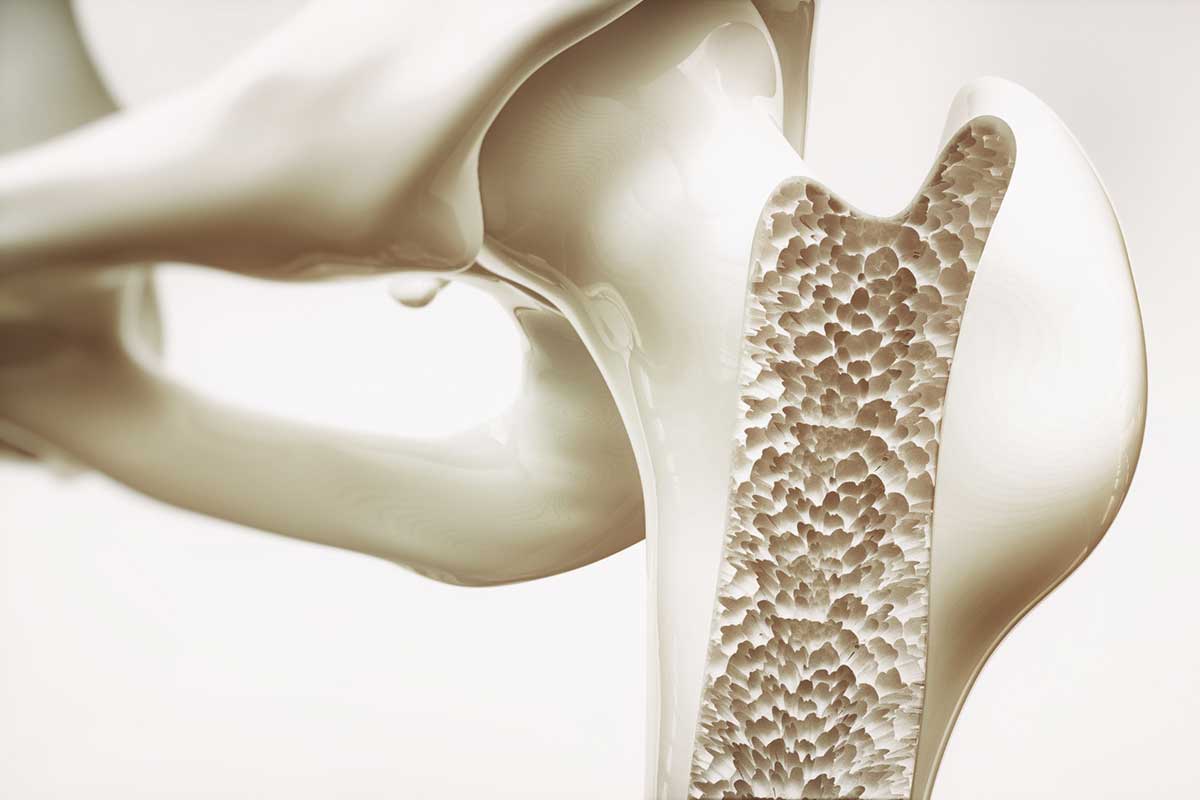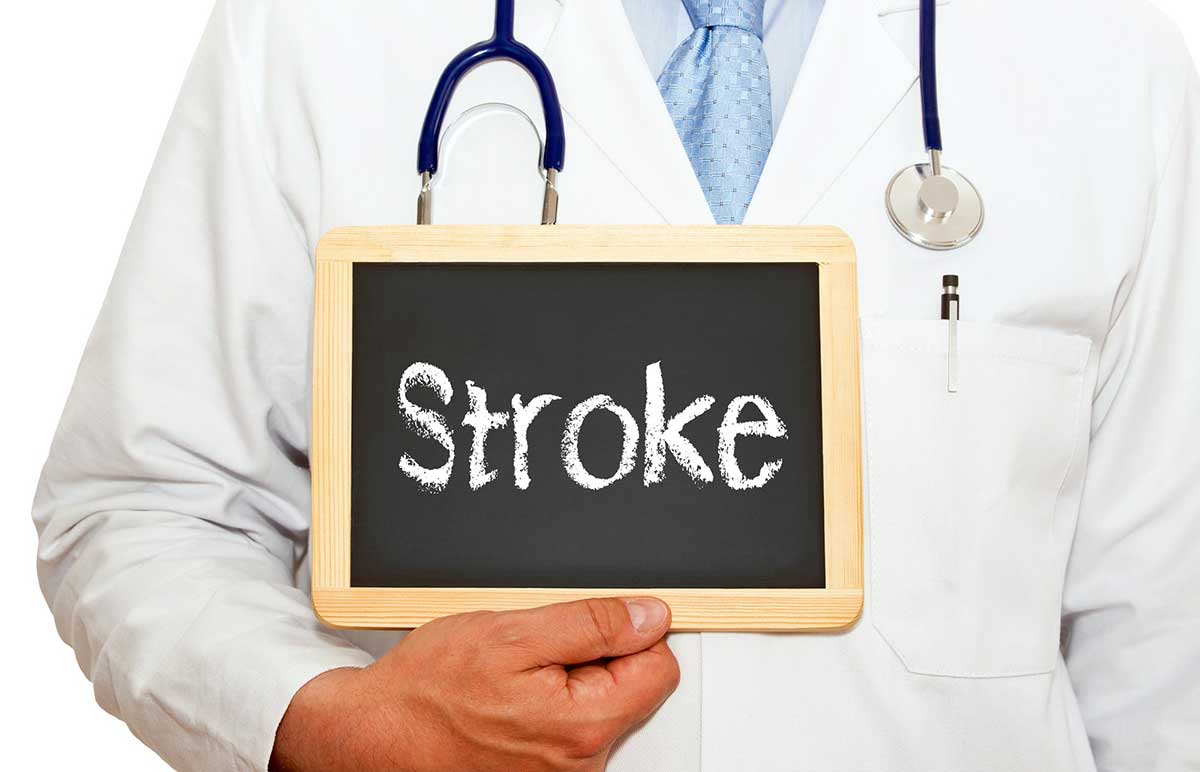In 2019 in Canada, more than 3 million people are hospitalized with acute medical issues. Many more visit their general practitioners or emergency departments for medical attention. At the time this article was updated in April of 2022, that number actually decreased to 2.7 million people. This is great news all around, but many Canadians still have work to do for their health.
Fortunately, a huge range of serious medical conditions can now be treated effectively. However, when it comes to your health, prevention is always better than cure. So knowing how to look after your body makes a big difference to your health.
Your diet is a huge part of this. This is why between 70 and 80% of Canadians are careful about what they eat. But which foods, in particular, can make a real difference to your health?
Read on to find out everything you need to know about foods that prevent serious illnesses and promote well-being.
Healthy Foods that Prevent Cancer
As of 2019, more than 200,000 people in Canada are diagnosed with cancer. Jump forward to 2021 and that number has increased to 229,200. Of course, there are many different types of cancers, and the causes can vary. Some are brought on by environmental factors or aging, while others are linked to genetics.
However, your diet can help to lower your chances of developing certain types of cancer.
Some foods and ingredients that may help to prevent cancer include:
- Broccoli
- Carrots
- Beans
- Berries
- Cinnamon
- Nuts (particularly Brazil nuts)
- Olive oil
- Turmeric
- Citrus fruits
- Flaxseed
- Tomatoes
- Garlic
- Fatty fish (like salmon, anchovies, and mackerel)
Some foods may also increase your risk of developing cancer. This might be because they damage your overall health or because they contain chemicals linked to cancer.
Some foods that increase your risk of developing cancer include:
- Canned tomatoes
- Refined sugars (and food containing high levels of refined sugar)
- Alcohol
- French fries and potato chips
- Processed meats
- Red meat
- Charred meats
- Mass-produced bread
- Artificial colorants
- Microwave popcorn
- Hydrogenated oils (such as margarine and oils used for frying)
- Farmed salmon
- Soda
- "White" carbohydrates, such as pasta and bagels (if you eat too much of them)
- Genetically-modified organisms (or GMOs)
Of course, no one is expecting you to be a saint. Having these foods in small quantities now and then won't do you too much harm. It's just important to enjoy them in moderation and keep your overall diet varied and balanced.
Healthy Foods that Prevent Blood Clots
Blood clots pose a serious risk to the lives of approximately 200,000 Canadians every year.
These can be caused by DVT (deep vein thrombosis) and can cause pulmonary embolisms (PEs) if left untreated. Without medical intervention, these can be fatal.
Fortunately, looking after your diet can massively reduce your chances of developing a blood clot. This is because a healthy diet helps to control inflammation in your blood vessels and lowers your blood pressure.
In particular, antioxidants and flavonoids help to reduce inflammation throughout your body. Food containing these include:
- Fish and fish oils
- Poultry
- Fruit (particularly grapes) and vegetables
- Whole grains
- Nuts
- Beans
- Healthy fats, such as olive oil or canola oil
- Dark chocolate
- Green tea, black tea, and oolong tea
If you have an increased risk of blood clots your doctor may put you on blood-thinning medication, such as warfarin. In that case, you should speak to your doctor about your diet. This is because some foods may interact negatively with blood-thinning medication.
Foods that are rich in vitamin K, for example, can make your blood-thinning medication less effective. These include some green vegetables, green tea, and fish oil.
Because of this, some of the recommended foods for preventing blood clots might actually be dangerous for you. In that case, you should prioritize foods that help your medication work effectively.
Healthy Foods that Prevent Heart Disease
Heart disease is the cause of almost one-third of all global deaths. This is because it can lead to a range of serious cardiac complications.
Your diet does a lot to promote (or damage) heart health. This can affect your blood pressure, cardiac inflammation, cholesterol, and triglycerides.
Great foods to promote a healthy heart and prevent heart disease include:
- Leafy green vegetables, such as spinach, collard greens, or kale
- Whole grains, like brown rice, rye, quinoa, barley, and buckwheat
- Berries
- Avocados
- Fatty fish (such as salmon, tuna, mackerel, anchovies, and sardines) and fish oils
- Walnuts
- Beans
- Dark chocolate
- Tomatoes
- Almonds
- Seeds, such as chia, hemp, and flaxseeds
- Garlic
- Olive oil
- Edamame beans
- Green tea
Sugar, salt, cheese, red meats, and processed foods, in contrast, can all increase your risk of developing heart disease. So if you do enjoy these ingredients and foods, (like a lot of people do!) make sure you keep them balanced with the rest of your diet. A little treat won't kill you but it is important to enjoy them in moderation.
Healthy Foods that Maintain Bone Health
By the time we reach adulthood we have 206 bones throughout our body. These play an essential role in helping us move around and perform the smallest of daily tasks. So our bone health is extremely important.
As you get older, however, your bones can become weaker. This happens if you lose bone tissue, which lowers your bone mass. Lower bone mass or density makes you more susceptible to breaks.
Fortunately, there are plenty of things you can do to promote bone health. There are two essential things you need for healthy bones: calcium and vitamin D.
As an adult, you need around 700mg of calcium every day. You can find this in:
- Dairy produce, such as milk and cheese
- Green leafy vegetables, such as okra, cabbage, or broccoli (you, however, cannot absorb calcium from spinach)
- Soya beans and soya-based drinks
- Tofu
- Nuts
- Bread
- Fish such as sardines or pilchards which you eat with the bones in.
You also need around 10 micrograms of vitamin D each day. You can get some of this from your diet, however, you also get it from sun exposure. Because of this, a lot of medical professionals recommend taking vitamin D supplements in the winter months.
Some people are more at risk of bone weakness than others. This includes vegans and post-menopausal people. So if you fall into these categories, you may have to monitor your diet more carefully.
Too much vitamin A can also increase your risk of bone weaknesses. So it is a good idea to limit your intake of foods that are rich in vitamin A if you want to promote bone health.
Healthy Foods that Prevent Stroke
Having a stroke is a serious medical event that can cause long-term brain damage.
This happens when the blood supply to certain parts of your brain is reduced or gets interrupted. When this happens your brain tissue no longer receives the oxygen and other nutrients that it needs.
Often strokes are closely linked to your heart health. After all, your heart is responsible for sending oxygenated blood to the brain. Because of this, a lot of the foods that promote heart health also help to prevent strokes, including:
- Fruit and vegetables
- Fatty fish
- Whole grains
In particular, foods that are rich in potassium help to reduce the risk of having a stroke.
These include:
- Sweet or white potatoes
- Tomatoes
- Prunes
- Bananas
- Melons
- Soybeans
Low-fat dairy can also help to prevent strokes. This is because foods, such as cheese, yogurt, or milk, provide protein, vitamin D, potassium, and calcium.
Of course, foods that are rich in fat can be bad for your cardiac health. This is why it is a good idea to opt for low-fat versions of these dairy products and to limit your intake of fatty dairy foods.
Healthy Foods that Prevent Hair Loss
Hair loss is a natural occurrence that can affect both men and women as they get older. In fact, 50% of Canadian men experience this by the age of 50.
This happens as your rate of hair growth slows down and your hormones levels change. As you get older, some of your hair follicles may stop producing hair completely.
This can happen at different times and may be more extreme depending on several factors. For example, stress, environment, and genetics can all affect hair loss.
However, nutritional deficiencies can also have an impact.
Because of this, keeping an eye on your diet can help to promote healthy hair growth. In particular, you should look for foods that are rich in iron, antioxidants, vitamin D, and biotin.
These include:
- Fatty fish
- Eggs
- Leafy greens (such as kale, spinach, or collards)
- Berries
- Cherries
- Apricots
- Grapes
- Oranges
- Nuts and seeds (particularly, Brazil nuts, almonds, flaxseeds, chia seeds, and walnuts)
- Sweet potatoes
- Avocados
- Sweet peppers
- Oysters
- Shrimp
- Beans and soybeans
Red meat is also a great source of iron and can really benefit your hair growth. However, as we have already mentioned, too much red meat can be damaging to your long-term health. Because of this, it is important to vary your sources of protein to create balance within your diet.
Healthy Foods that Prevent Tooth Decay
When you think about your health your first thought might not be for your oral hygiene. In fact, a lot of people view this separately from the rest of their health. After all, you go to see a dentist to look after your teeth, not a doctor.
However, your oral hygiene is just as important as the rest of your health. In fact, tooth decay and infections can seriously damage your brain and heart health as well if they spread.
Cleaning your teeth thoroughly in the morning and evening is essential, and your diet can also help to prevent tooth decay.
Some vital ingredients to include are:
- Crunchy fruit and vegetables
- Dairy products, such as milk, cheese, and yogurt
- Chicken
- Nuts
- Avocados
- Beans
- Green tea
- Eggs
- Sweet potatoes
- Seafood
It is also important to drink plenty of water as this ensures you produce saliva. Your saliva helps to keep your teeth clean during the day, so having plenty of it is essential for oral hygiene.
The chewing action of snacking on healthy crunchy foods also prompts your mouth to produce saliva. So this is a great way to keep your mouth healthy between meals.
Healthy Foods that Prevent Gas
While gas might not be as serious a condition as some of the others we've mentioned, it can still be very uncomfortable. Some people also find having gas very embarrassing.
Fortunately, there are plenty of foods that can help you control your gas. A lot of this is about controlling what happens in your gut when it breaks down food.
For example, steamed ingredients (like spinach) are easier to digest than roasted or baked foods. Insoluble fibers also don't ferment as you break them down, which means you don't produce as much gas. You can find these in types of whole wheat and brown rice.
Drinking plenty of water and peppermint or chamomile tea also helps the digestive process. And if you are finding that gas is a real issue for you then you may want to consider digestion supplements. These support healthy gut activity and reduce the amount of gas that you produce.
Give Your Diet a Healthy Make Over Today
As you can see, when it comes to your long and short-term health your diet has a huge impact. So foods that prevent a range of different health issues should be an essential part of your regular diet. This is a great way to support your body's natural functioning.
They say that variety is the spice of life but it's worth taking this further! Having a varied diet is essential for building a healthy immune system. So take these brilliant ingredients and get creative for a healthy and delicious diet!
So what are you waiting for? For more support looking after your health, check out insurance options now. We're here to help!






